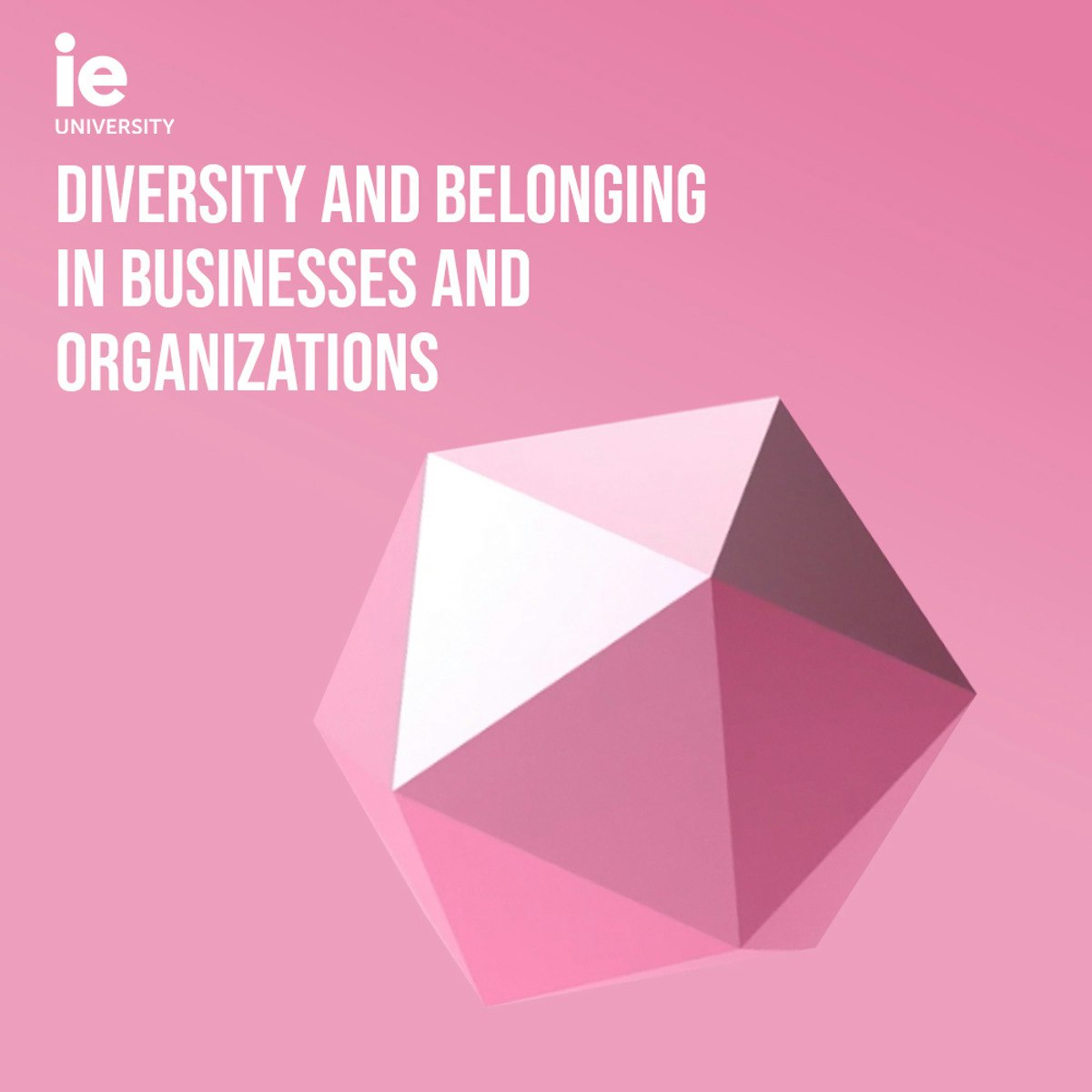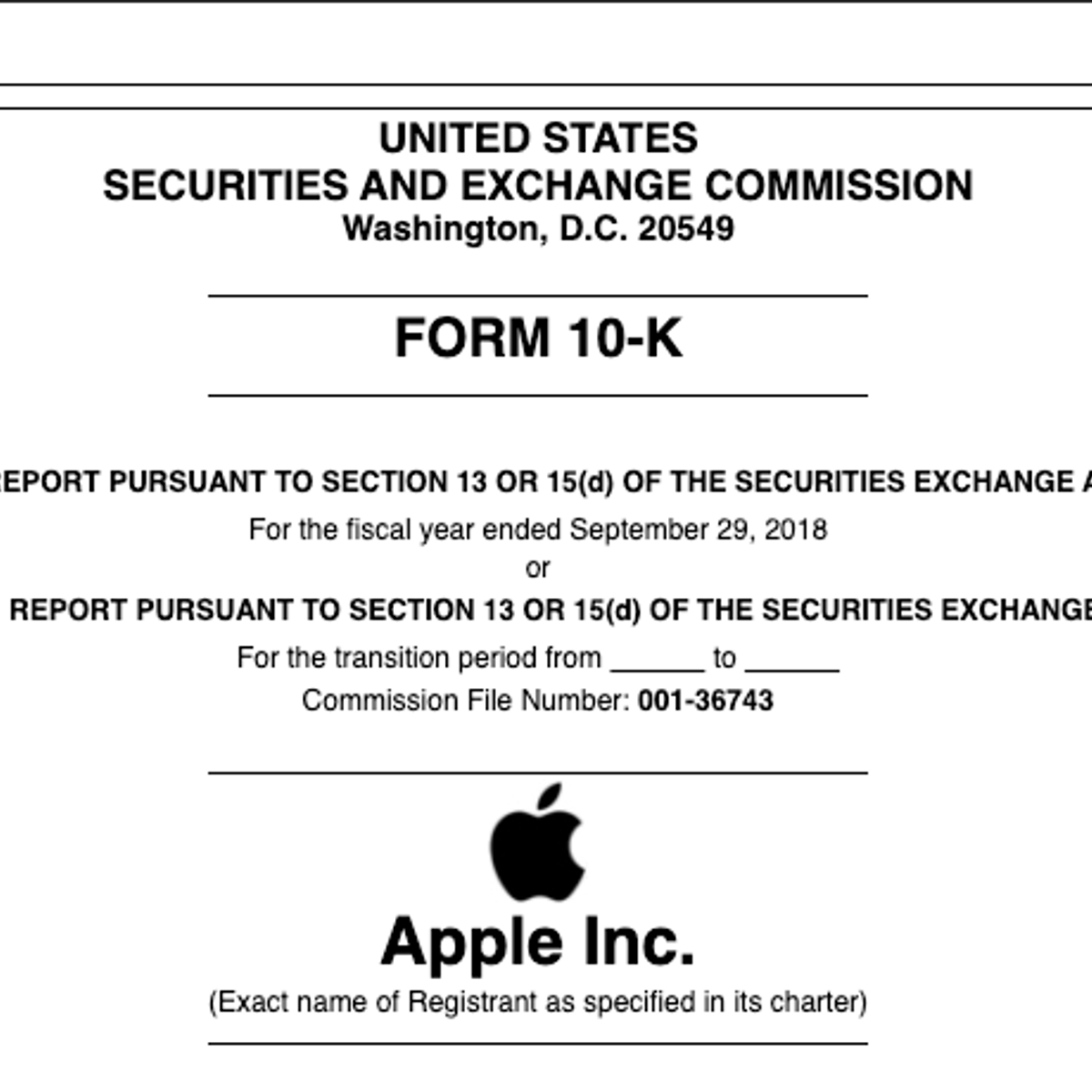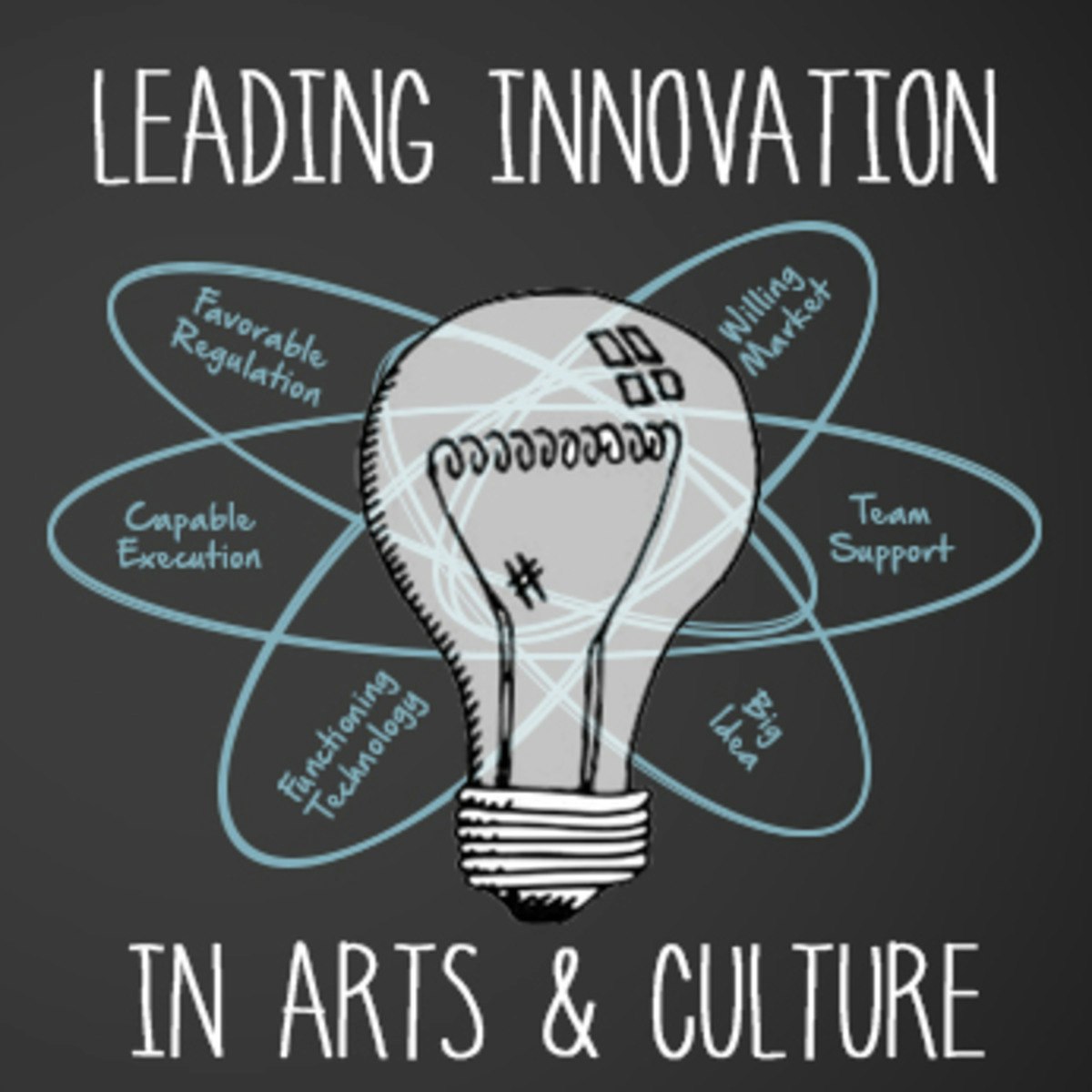Back to Courses









Business Courses - Page 27
Showing results 261-270 of 2058
Global Impact: Cultural Psychology
Globalization has brought dramatic changes to the marketplace. A proliferation of global brands brings diverse cultures to a consumer population that is also culturally diverse. This course enables students to understand how globalization changes consumers at a psychological level and provides tools for infusing brands with cultural meaning that can resonate with global consumers. The focus is on understanding that culture exists in the mind as well as in the environment, and that globalization creates multi-cultural spaces in contemporary societies. Consumers can use the cultural meaning of a brand to build their identities or reject the brand’s cultural meaning.
The course will help students identify when assimilation vs. exclusionary reactions are more likely to occur and to devise strategies for imbuing brands with cultural meanings that can elevate them to the status of cultural icons.
You will be able to:
• Understand how globalization impacts the psychological responses of consumers in global markets
• Explain what culture is and how it manifests itself in business environments
• Understand how brands acquire cultural meanings and predict consumers’ responses to the cultural meanings in brands
• Identify strategies to win-over multi-cultural consumers in globalized markets
• Practice the fundamentals of how to build an iconic brand
This course is part of Gies College of Business’ suite of online programs, including the iMBA and iMSM. Learn more about admission into these programs and explore how your Coursera work can be leveraged if accepted into a degree program at https://degrees.giesbusiness.illinois.edu/idegrees/.

Diversity and Belonging in Businesses and Organizations
Diversity and Belonging in Businesses and Organizations will help you as an individual, as a team, and an organization to better understand and implement policies and practices that emphasize and promote not only the inclusion but the belonging of all employees. It is aimed to cover the following objectives:
Policies - How to identify and understand the ways in which structural dynamics of an organization can preclude a sense of belonging and how to use inclusive policies as a tool to foster belonging.
Practices - How to design an organizational culture that promotes the wellbeing and belonging of all its constituents through kindness, empathy, openness, and compassion.
People - How to leverage the creation of affinity groups and task forces to overcome structural biases, build community and create a greater sense of belonging.
The final module also introduces complementary resources to bring the pillars together and support an organization's belonging efforts.

Explore Management Concepts through Metaphor and Music
How can exploring and analysing music and metaphors help us to better understand management, work organisations, working lives, and ultimately ourselves too? As you set out on your journey through this innovative course, the answers to these questions will be revealed. Through the lens of metaphor and music, you will be introduced to core managerial and organisational concepts and theories. You will explore issues related to, for example: organisational and work design; motivation and productivity; employee voice; careers; and management and leadership styles. You will research and analyse contemporary management dilemmas and challenges and gain new insights into the lived experience of work. You will explore the power of music to creatively engage and motivate employees, boost their morale, and give voice to workers who might otherwise remain unheard.
The course has been designed to be highly interactive and creative with lots of opportunities for you to share your ideas and engage in discussion and debate with your fellow students. You will develop your own original organisational metaphors, write lyrics to your own company song, write and record your own short radio play, and develop your own motivational music playlist. By the end of the course, your understanding of management, organisations and the lived experience of work will have increased considerably. You will develop new skills in research and creative writing and will have lots of new ideas to take away with you and apply in your own organisation and your own working life.

Company Reports: Understanding Form 10-K
In this 1-hour long project-based course, you will learn how to read and interpret the main financial statements and access company performance data through SEC filings. We well be working of the Form 10-K of Apple Inc., and will see the Apple Inc.'s financial performance for 2019. Being able to read and interpret Form 10-K is an essential skill for any financial or equity research analyst.
Note: This course works best for learners who are based in the North America region. We're currently working on providing the same experience in other regions.
This course's content is not intended to be investment advice and does not constitute an offer to perform any operations in the regulated or unregulated financial market.

Knowledge Exchange: Using, Protecting and Monetizing Ideas with Third Parties
Learn more about knowledge exchange and how to use, protect and monetize your knowledge while working with various partners.
Interested in increasing the impact of your knowledge on society? This course is for those who are new to how knowledge is transferred from yourself or from a knowledge institute into society at large. It is for those who want to know how to protect their knowledge, how to approach parties for collaboration, and how to find the right funding for your idea. It is for those who want to start thinking about how knowledge exchange might be useful in their business or academic career. It provides an introduction to one of the basics of knowledge exchange, the stakeholders involved and the most common pitfalls on your way to transform our world with your ideas!
About the course lecturers
Each week a different expert in his or her field will shed light on a different aspect within knowledge exchange. In addition, each module contains an interview with a Leiden academic who will share his or her practical experience concerning that week's subject. Each module is introduced and concluded by the course leader, Professor Gert-Jan van Ommen, former head of the Department of Human Genetics of Leiden University Medical Center.
About Luris
This course was developed by Luris, in cooperation with Leiden University and Leiden University Medical Center (LUMC). As knowledge exchange office, Luris matches societal needs with possibilities available in Leiden and enhances the impact of novel technologies and knowledge from Leiden University and LUMC. Luris establishes valuable partnerships and represents the interests of academics and research teams.

Judgmental Business Forecasting in Excel
In this course, we extend your business forecasting expertise from the first two courses of our Business Forecasting Specialisation on Time Series Models and Regression Models. We will explore the role of judgmental forecasting, when more quantitative forecasting methods have limitations, and we need to generate further business insights. We will be exploring some structured methodologies to create judgmental business forecasts using Business Indicators, Subjective Assessment Methods, and Exploratory Methods. For each of these methods, we will look at how we can use Excel to help us in achieving these judgmental forecasts and how Excel can help us visualising our forecast findings. Being judgmental forecasting methods, we will also look at the role of biases in Business Forecasting,

How to Set up Facebook Pixel
Facebook Pixel allows you to connect your website or landing page to your Facebook account. You can take specific pages or actions that people take on your page to create new ads for those people. You can also optimize your ads for conversions based on the settings you provide. In this project you will set up your Facebook Pixel account and learn about the benefits.

Target specific user demographics in your followers campaign
In this project learners will get experience researching and implementing strategies to further target their desired audience in a twitter followers campaign. Targeting these specific desired followers will greatly increase the effectiveness of their followers campaign.

Leading Innovation in Arts and Culture
Developed by David Owens at Vanderbilt University and customized for the cultural sector with National Arts Strategies, this course is designed to help arts and culture leaders create an environment where new ideas are constantly created, shared, evaluated and the best ones are successfully put to work.
One of the toughest challenges for any leader is getting traction for new ideas. Winning support can be a struggle. As a result, powerful new ideas often get stuck. This is especially true in the cultural sector. People involved in arts and culture often have little time and even less money for experimentation and risks. This course will help those in the performing arts, museums, zoos, libraries and other cultural organizations build environments where new management and program ideas flourish.
Leading Innovation in Arts & Culture will teach you how to make an "innovation strategy" a fundamental component of your organization's overall strategy. In this seminar you will learn to:
- Analyze constraints on innovation in your organization, foresee obstacles and opportunities, and develop a shared vision
- Develop a process to manage the demands of multiple stakeholders, shifting priorities and the uncertainty inherent in new initiatives
- Create a culture for innovation and risk-taking that generates new perspectives and challenges existing practice
- Create a strong customer focus within your organization that anticipates customer needs
National Arts Strategies worked with David Owens to customize this course for those working in the cultural sector. They based their work on David Owens’ Leading Strategic Innovation in Organizations course. This highly interactive 8-week course will engage you in a series of class discussions and exercises.

How to Use Type & Fonts in Adobe Illustrator
Adobe Illustrator can be a useful tool in creating digital graphics, but it can also be an overwhelming program to learn how to use. In this guided project, learners will walk through a step by step process to gain the basics of using type and fonts in Adobe Illustrator.
First, learners will discover the basic tools used for editing type and font in Adobe Illustrator. Then, learners will walk through the basics creating and editing type. Next, learners will gain an understanding about how fonts are used and manipulated in basic and then more advanced manners. Finally, learners will be guided through some advanced type and font features in Adobe Illustrator. Learners will finish this guided project with the skills to import, create, and edit numerous fonts and type in Adobe Illustrator.
Popular Internships and Jobs by Categories
Browse
© 2024 BoostGrad | All rights reserved


